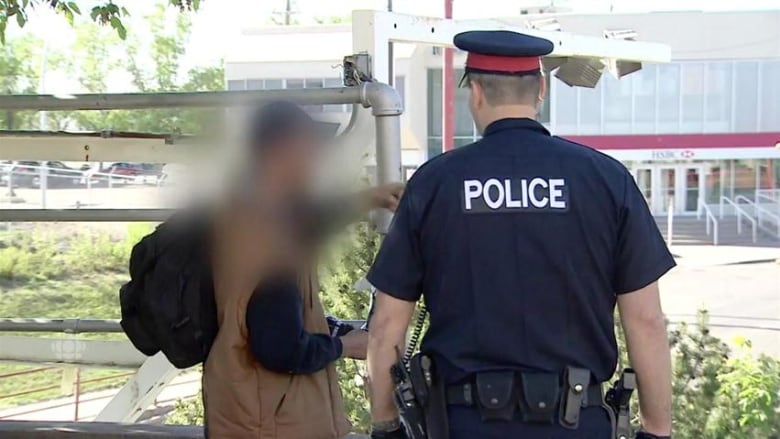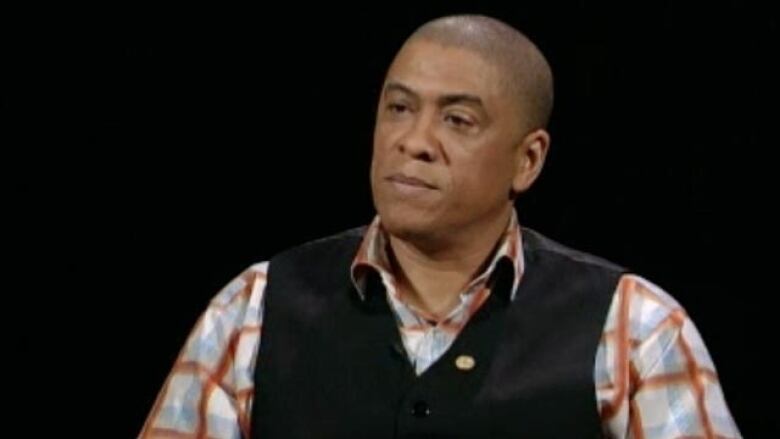Street checks help solve crimes, says black Halifax RCMP officer
'I know the value in it because I lived it when I was working on the street'

Street checks can bea key partofsolving some crimes despitecalls to end the controversialpractice,according to a blackRCMPofficer in Halifax.
Statistics from the Halifax Regional Police revealed that black people are three times more likely to be street checked in the city.
Sgt. Craig Smith,an acting watch commander with the Halifax district RCMP,hasbeen a member of the forcefor almost 20 years.
"As a police officer that has been out working the streets ... there were a number of crimes that I solved because I stopped that individual at 2in the morning or I saw that individual at 2 in the morning and was able to make the connection," Smith told the CBC'sInformation Morning.
"Then the next morning when there were two or three break and enters, that I was able to put the things together."
'I know the value in it'
Data released recently by the RCMP showed 41per cent of thestreet checks done by the forcearound Halifax involved subjects who officers identified as black.
Street checks can involve police stopping and talking to a person or a groupthey believe isengaged in suspicious activity. Sometimes officers simply observe a person or peoplewith no communication.

Police recorddetails such as age, gender, location,ethnicity and reason for the street check.
"I know the value in it because I lived it when I was working on the street, but I also know there's a bigger concern here when we talk about the concerns of the African Nova Scotian community," said Smith.
"We definitely needto be able to get to the answers to some of these questions sooner than later."
Police and community can come together
Smith said he won't comment on the data released by Halifax police and the RCMPuntilit hasbeen thoroughly analyzed.
He said historically, there has beenan "inherent mistrust" between the African Nova Scotian community and the police. Smith said it's up to police forces to become part of the fabricof the communities they protect by volunteering and spending time with the people they serve.
Smith said it will take a long time and a lot of attention to heal the rift between the black community and police, but he believes itcan be done.
with files from CBC's Information Morning












_(720p).jpg)


 OFFICIAL HD MUSIC VIDEO.jpg)
.jpg)



























































































